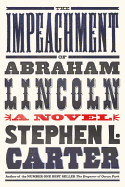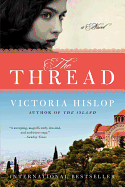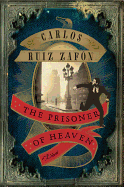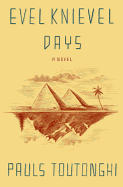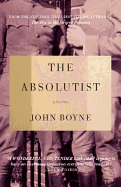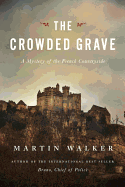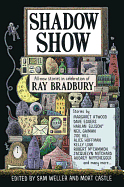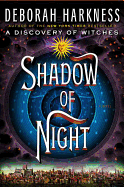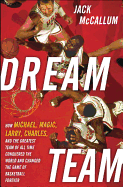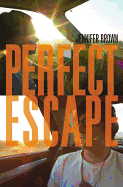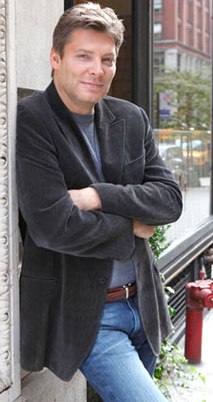
Andrew Gross is best known for his collaborations with suspense writer James Patterson. He's also written several solo novels, including the Ty Hauck series and his newest, 15 Seconds (Morrow). In it, Henry Steadman, a Florida plastic surgeon on his way to speak at a conference, is stopped by the police for a traffic violation. The situation escalates, and he is handcuffed and told he is under arrest--then, suddenly, the officer is killed, and Henry is the main suspect.
The premise and catalyst of 15 Seconds--that one's entire life can change on a dime--is very intriguing. Can you tell us about your inspiration for the novel?
Well, most ideas for thrillers probably come out of the newspapers or from current events, but I have to admit, the one for this one came from a harrowing experience in my own life--and of all things, while on book tour in Houston. I was stopped for a minor traffic violation on my way to the hotel, and from there, things just escalated out of control, and I ended up being pulled out of the car, handcuffed, told I was under arrest, and thrown in the back of the officer's car. Within seconds, six or seven other cop cars arrive with their lights flashing; the street is blocked off; passersby staring at me in the car as if I'm some kind of terrorist, and if that was nerve-wracking, the subsequent questioning got even scarier. They obviously thought I was someone who the entire Houston police force seemed to be after!
After about 30 minutes, in cuffs, they realized I was who I said I was, and everyone left, but back in my car, waiting for the officer to give my summons, I realized that if something nasty happened to occur to him right then, there would only be one suspect: the person who had just been in the back of his car in cuffs--me! So, yes, 15 Seconds is the story of how even the best of lives can fall apart in that amount of time. And it doesn't end quite so benignly for the hero in my novel, Henry Steadman--and far less, I'm afraid, for the arresting officer. If you're interested, this two-minute book trailer describes what happened.
Was Henry Steadman a difficult character to write?
No, he wasn't difficult to write. I'm really caught up in the concept of everyday heroism and suspense more than I am with crime. I like to make my heroes ordinary but successful people who are smart, likable and, ultimately, courageous. People who you would admire in life and thus root for when the bottom falls out of their lives and they have to measure up with forces way over their heads. In this case, Henry is a successful plastic surgeon--my editor initially said, can't we make him a brain surgeon or something--but I wanted him to be someone who could poke fun at himself and his own success. What I think separates this story from others is that it evolves not only into a mission of survival, but also into a father having to save the person he loves most in the world.
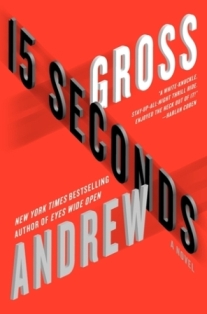 The use and abuse of prescription drugs is a strong theme in 15 Seconds. Can you explain how this developed for you?
The use and abuse of prescription drugs is a strong theme in 15 Seconds. Can you explain how this developed for you?
My wife and I have a place in South Florida, so we've seen the change there in the retail pain management market, basically legalized drug dealers, and I've also had some compelling examples in my life of prescription drugs hurting people we love. The book opens with a tragic sequence of events set into motion by a teenaged girl, whose drug abuse becomes the catalyst for the story. The key there was to make her both deplorable and human at the same time, and by midway in the book she's given back some dignity through our hero Henry that she was never able to find on her own. I'm enough of an optimist in life to believe more in affirmation than chaos.
What are the challenges and rewards of writing a series with a continuing character as opposed to stand-alone novels? Do you have a preference for one over the other?
Well, stand-alones are a bit more work. In a series, you know your hero, you know who he/she surrounds himself with, you know the angst and handicaps, you know where it's set--what you have to do is plug in a new crime! Stand-alones, of course, start at ground zero every book. But I prefer them, because it forces you to be fresh and dig deep every story. I always felt a bit handcuffed in a series--on my own and when I wrote with James Patterson. But new stories every year are what HarperCollins seems to want from me now, and where they think I do my best work.
There have been several recent news stories that reflect the kind of shocking event both you and your character experienced. Does the 24-hour news cycle and its proliferation of truth-is-stranger-than-fiction stories make the novelist's job easier or more difficult?
To me, all of this stuff--not to mention the growth of investigative technology--make it tougher for a thriller writer, especially where the story interacts with the public interest. Any time you see a story buried that you think might germinate into a plot, you can be sure the whole world will see it shortly after. It's forgivable in a TV series like Law and Order to be unabashedly "ripped from the headlines," but readers want more from their authors in terms of originality and imagination. And that is compounded by the fact that it takes close to two years from idea to publication. So you'd better make that public story a launching pad, not the payload! Additionally, with surveillance cameras EVERYWHERE today and phones and computers easily traceable, constructing a credible plot line is as much defeating the obstacles of real life as it is defeating the bad guy. Sometimes I just say, the hell with it, I'll put it in the character's head that he knows there might be cameras--just so the readers knows that I thought of it--then eliminate them, because it makes a better plot. --Debra Ginsberg, author
Andrew Gross: From Author to Suspect
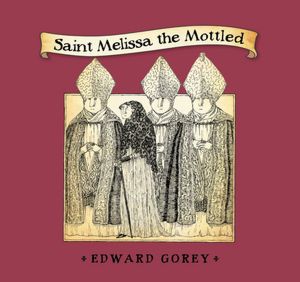




 The use and abuse of prescription drugs is a strong theme in 15 Seconds. Can you explain how this developed for you?
The use and abuse of prescription drugs is a strong theme in 15 Seconds. Can you explain how this developed for you?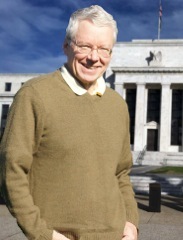 Mark de Castrique is a film and video producer whose work has aired on PBS, HBO and network-affiliate stations. He is the author of the Sam Blackman mystery series, the Buryin' Barry series and two mysteries for young adults. He lives in Charlotte, N.C. The author's first stand-alone thriller, The 13th Target, was just published by Poisoned Pen Press.
Mark de Castrique is a film and video producer whose work has aired on PBS, HBO and network-affiliate stations. He is the author of the Sam Blackman mystery series, the Buryin' Barry series and two mysteries for young adults. He lives in Charlotte, N.C. The author's first stand-alone thriller, The 13th Target, was just published by Poisoned Pen Press.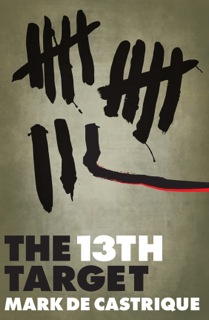 Book you've bought for the cover:
Book you've bought for the cover: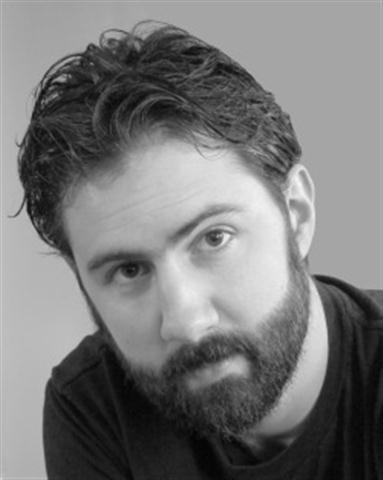 Anthony D'Aries
Anthony D'Aries